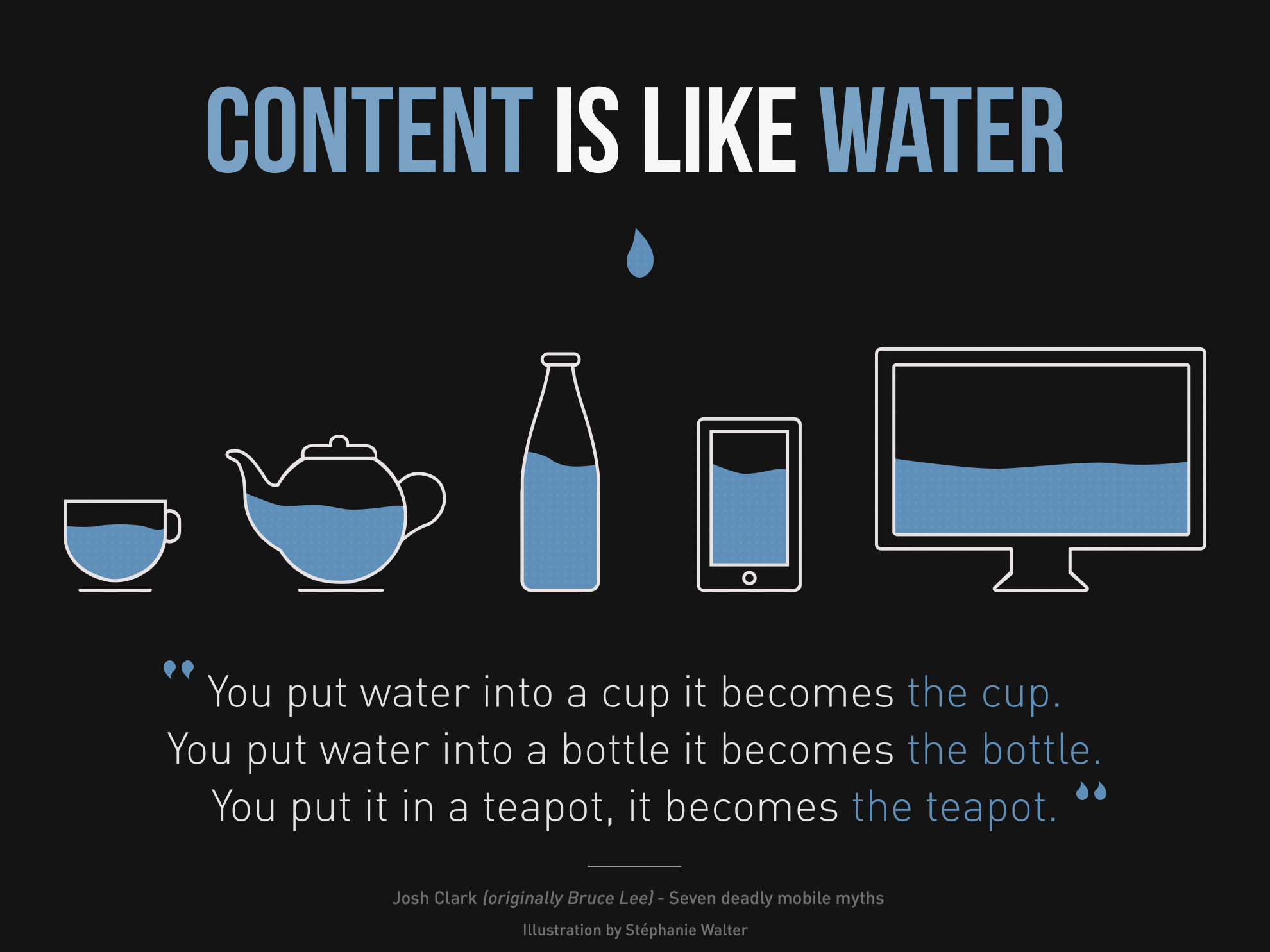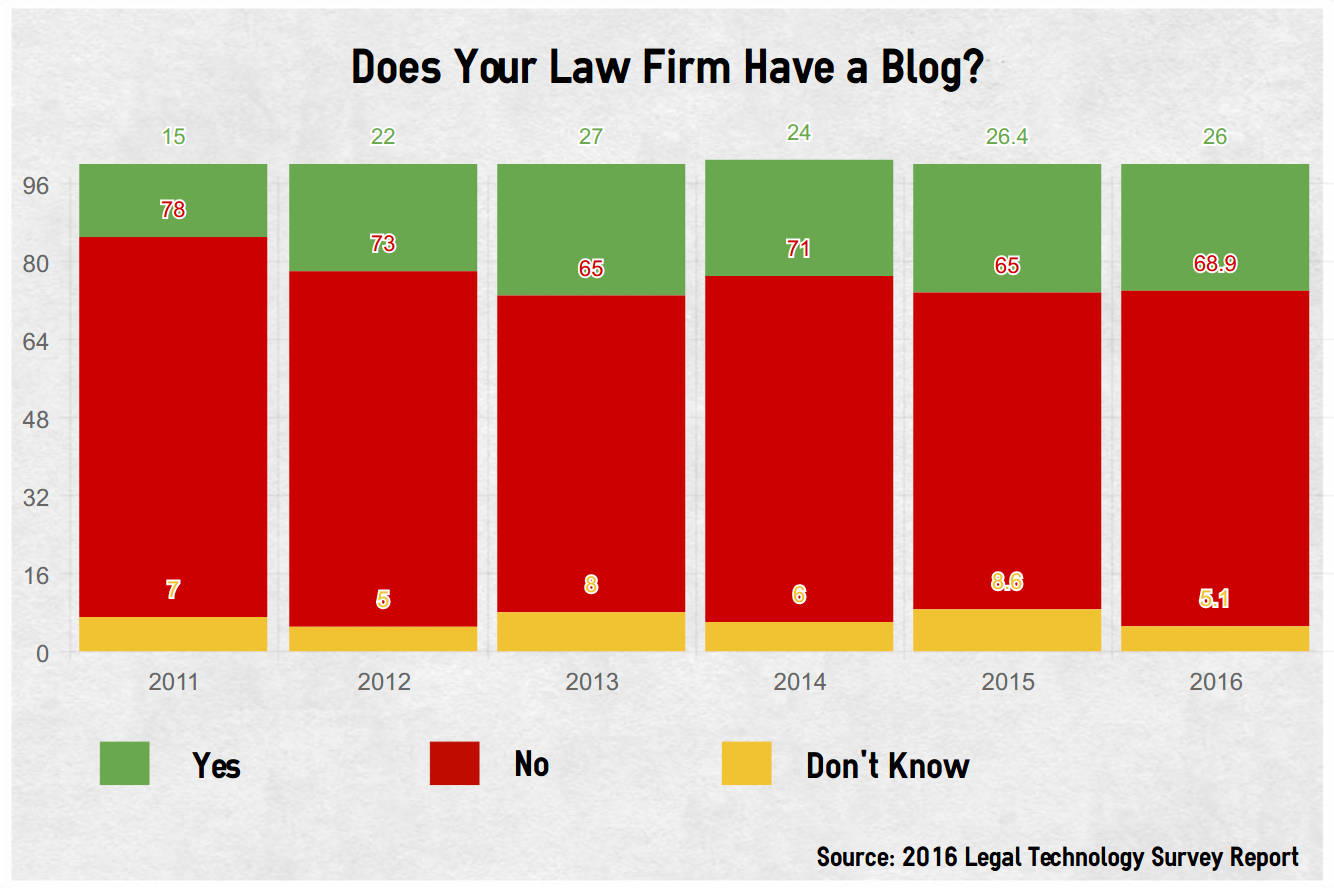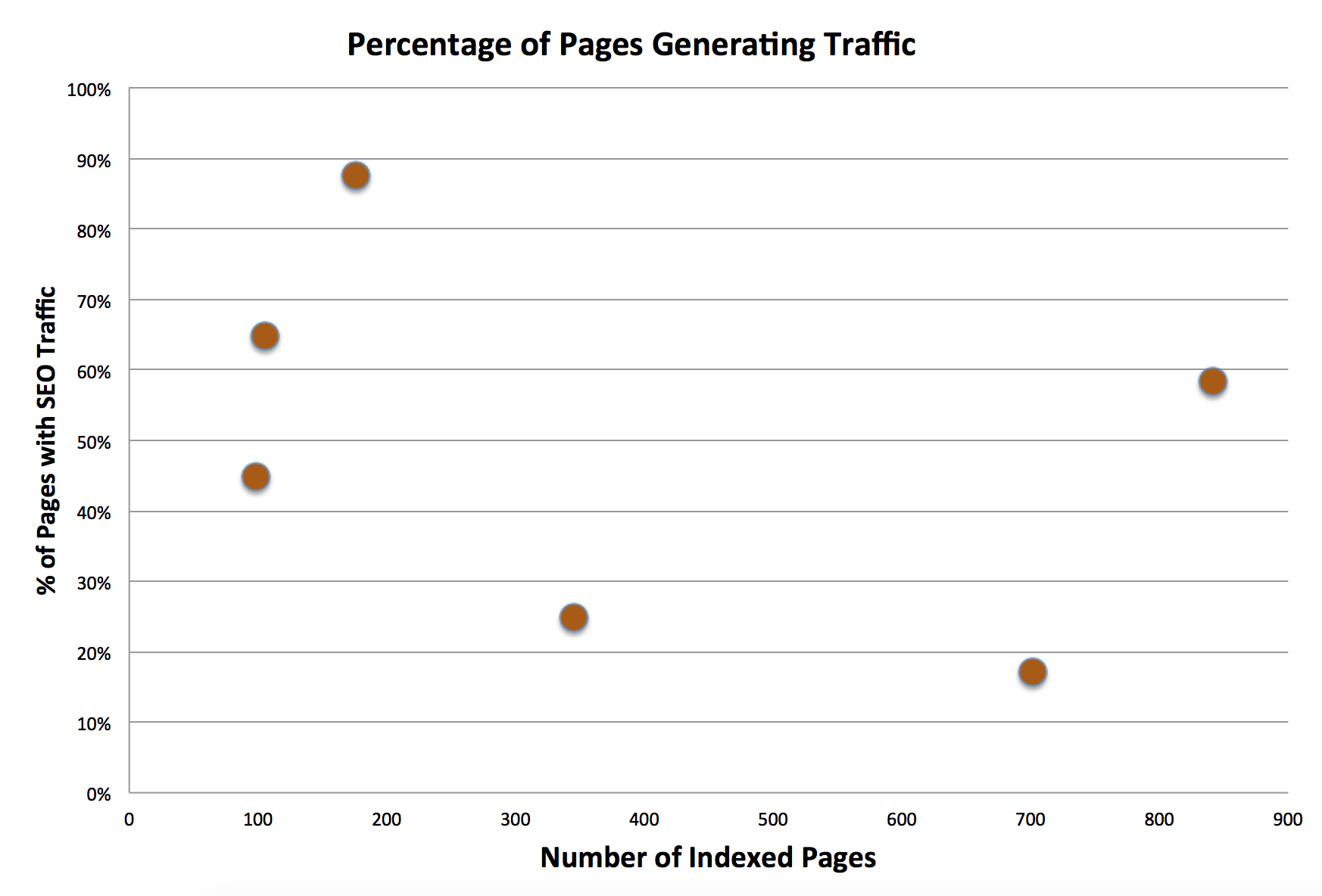Legal writing rarely blows anyone’s socks off, and for valid reasons. Not many people want to learn about the law unless it is directly impacting their life, which makes building a dedicated following difficult. Do you know what else people don’t usually like to learn about unless they really have to?
Learning About the Funeral Industry
The beauty of the internet is that sometimes it gives you things you aren’t searching for, up to and including information on death practices. Ask a Mortician, a YouTube channel run by California mortician Caitlin Dougherty, has almost 1,000,000 subscribers. In her videos, Caitlin talks about various things, from the legality of home funerals to the fate of the bodies from the Titanic. She’s been doing this for years, and her channel has been building momentum from a relatively slow start.
So how did she do it?
Well, she started by largely posting videos on topics chosen by her viewers. As the title might suggest, people would “ask a mortician” and she would answer. By this point, she’s able to post videos on just about any topic she wants and will get pretty good viewing figures. Sounds nice, right?
But here’s the thing: it also helps her business. Caitlin helps run a funeral home, to which she gives a call out in all of her videos. She promotes their eco-friendly services and explains their processes. If it sounds surprising that this is a thing that almost a million people subscribe to, it shouldn’t be. People love learning about things they had no idea about.
Now Back to Your Firm
So what can we learn from Ask a Mortician? Well for one content can take some time to gain any traction. You might have to deal with a lot of trial and error as far as what actually gets any traffic.
Second, think about what people might not know. Have you run into any obscure laws in your state/practice area? What do you learn in law school that is immediately proven wrong in the real world? Do you have any stories about funny scenes that have happened in court that you can share? What do you bring to the table?
Third, you need to learn how to adjust course and build off what’s working. See what types of content people really seem to like. Keep making more of that. Maybe it’s videos, maybe it’s blog posts, maybe it’s a podcast. Find where you fit.
Fourth, find your voice. You need to have an identifiable voice that people what to hear from. Maybe it will take you a few weeks to find your voice, maybe it will take a year. No matter how long it takes, find it then keep it consistent.
Is It Worth the Time Commitment?
I mean, sometimes. It certainly worked for Caitlin and her funeral home, but it’s definitely not worked for countless other creators. Whether or not it’s worth it is up to you. Are you willing to put in the hours for a potential flop?




 to prove Blab’s bleeding edgeness…. check out this buzzword laden description from Mashable. Be the first to write that post on your blog: “Blabbing Your Way to Profits for Law Firms, Lawyers and Attorneys.”
to prove Blab’s bleeding edgeness…. check out this buzzword laden description from Mashable. Be the first to write that post on your blog: “Blabbing Your Way to Profits for Law Firms, Lawyers and Attorneys.”
